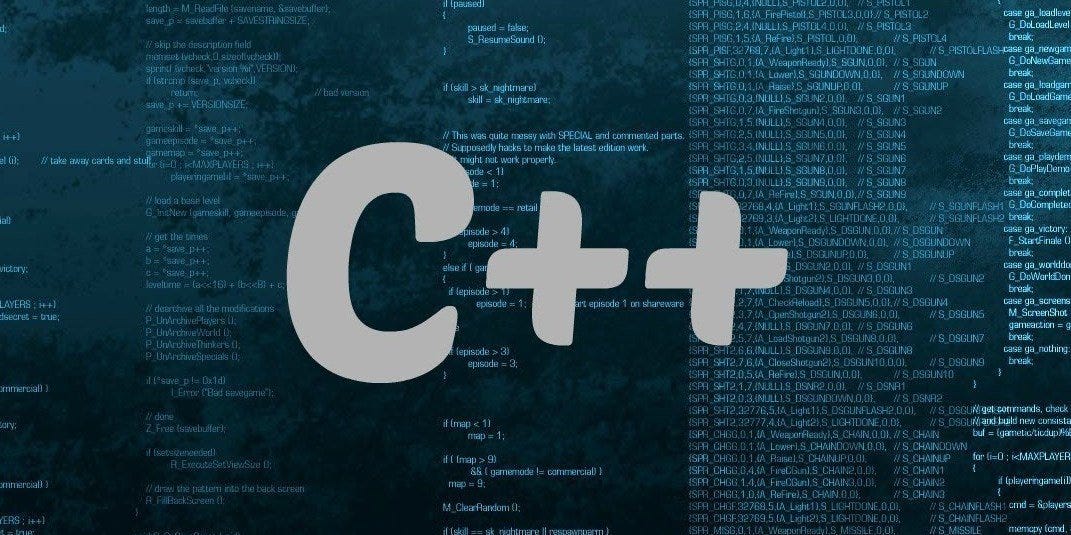Protecting private data is more crucial than ever in the digital environment of today when cybersecurity risks are on the increase. Developers have to come up with original methods to maintain security in their programs. Code obfuscation is one efficient technique under increasing use. Code obfuscation is the answer you need if you need to improve the security of your apps and protect your intellectual property. This procedure preserves the original functionality of the software while turning your code such that it is more difficult for illegal users to grasp.
Security becomes much more important for individuals using languages like C++. By increasing the complexity of the source code and hence shielding it from reverse engineering efforts, c++ obfuscation provides an additional degree of security. Code obfuscation guarantees that your system is guarded from prying eyes and hackers whether you are creating proprietary software or handling private data.
Definition of Code Obfuscation
Code obfuscation is the intentional rendering of a program’s code difficult to reverse-engineering, read, or understand. This greatly raises the difficulty for everyone attempting to decode the code, not changing the operation of the program. In software development, obfuscation is sometimes used to protect intellectual property, stop illegal access, and encrypt data against possible cyberattacks.

Varieties of code obfuscation
Each of the numerous methods used to obfuscate code offers a varying degree of security and complexity. Here are some typical approaches:
Renaming Obfuscation
This method converts variable, functional, or class names into useless strings or characters. Changing a variable name like username into x3a7, for example, makes the code more difficult to comprehend even as it keeps running properly.
Obfuscated Control Flow
This approach almost makes it impossible for attackers to track the execution route of a program by changing the logical flow. Control flow obfuscation fools everyone attempting to reverse-engineer the program by adding needless loops, jumps, or conditional branches.
Encryption via Strings
Important code strings like config data or error messages are encrypted. These strings are decoded at runtime, hence they are difficult to discover in the source code.
One very good approach to guard your program against unwanted access and hostile assaults is to improve security via code obfuscation. Using c++ obfuscation methods can help you improve your security initiatives even if you are learning languages such as C++. Renaming, control flow modification, and string encryption among other obfuscation techniques help you to protect your intellectual property and guarantee that your code stays out of the wrong hands. Get your program right now to experience peace of mind knowing that your systems are safe.










